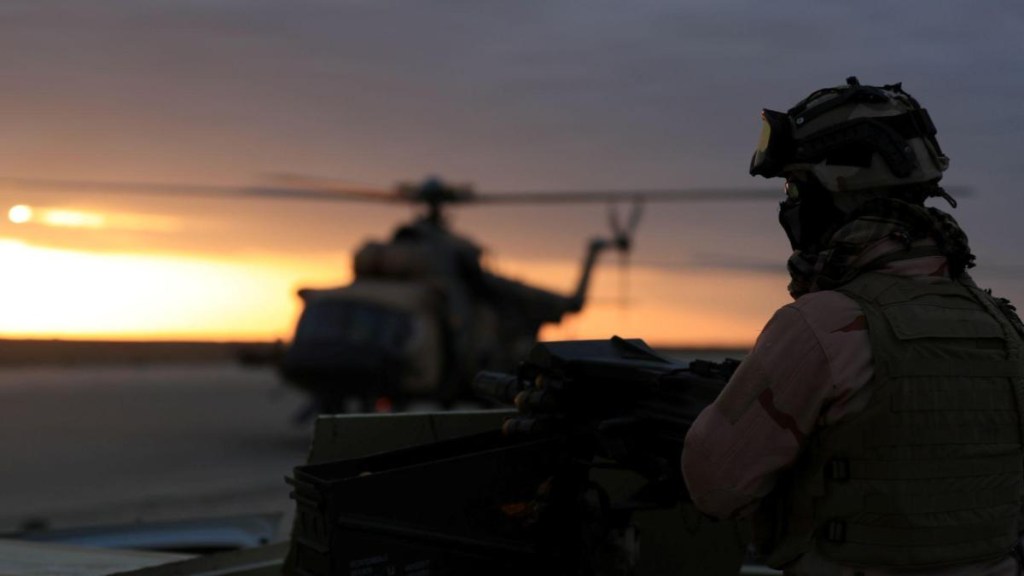The United States carried out targeted strikes in Iraq against three facilities associated with the Iran-backed Kataib Hezbollah militia group, as well as other Iran-affiliated factions. The strikes, confirmed by the Pentagon, were in direct response to a weekend attack on the Ain al-Asad air base in Iraq, where four US personnel suffered traumatic brain injuries due to multiple ballistic missiles and rockets fired by Iranian-backed militants.
US Defense Secretary Lloyd Austin emphasized the necessity and proportionality of the strikes, citing a series of escalating attacks against US and Coalition personnel in Iraq and Syria by Iranian-sponsored militias. The strikes, carried out by US Central Command, focused on Kataib Hezbollah’s headquarters, storage facilities, and training locations for rocket, missile, and drone capabilities.
Two militants killed in airstrikes
In the aftermath of the strikes, sources in Iraq reported at least two militants killed and four others wounded. Kataib Hezbollah’s military spokesperson, Jaafar al-Husseini, declared the group’s intent to persist in targeting “enemy bases” until the end of Israel’s siege in Gaza, highlighting their opposition to US support for Israel’s campaign.
The attacks on US forces in the region, numbering approximately 150 since the Israel-Gaza war began in October, have intensified pressure on President Joe Biden to respond militarily. These actions are viewed as retaliation for US support of Israel in its conflict against the Iran-backed Palestinian militant group Hamas.
The US military presence in the region includes 900 troops in Syria and 2,500 in Iraq, focusing on advising and assisting local forces to prevent the resurgence of the Islamic State. Tensions have escalated further as the Iraqi Prime Minister’s office announced moves to evict US forces following a recent US drone strike in Baghdad. The strike targeted a militia leader held responsible for recent attacks on US personnel.
Tensions prevail in the region
Iraqi Prime Minister Mohammed Shia al-Sudani faces challenges in controlling Iran-backed factions within his governing coalition, some of whom he relied on for support in gaining power. Despite calls for the withdrawal of US troops, the Pentagon asserts that it has not received formal notification from the Iraqi government and maintains that its troops are deployed at the invitation of the Iraqi government.
In the wake of the US strikes, Abo Alaa al-Walai, a sanctioned militia commander, urged Iran-backed Iraqi militias to expand operations by enforcing a blockade on Zionist maritime navigation in the Mediterranean Sea. The situation remains fluid, with the potential for further escalation in the already tense region.
(With inputs from agencies)

